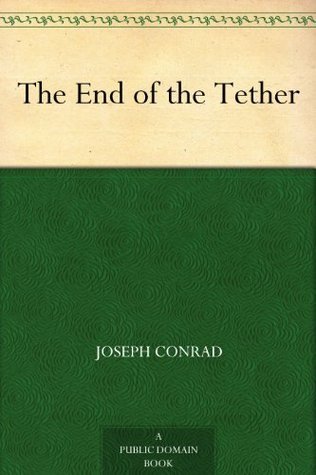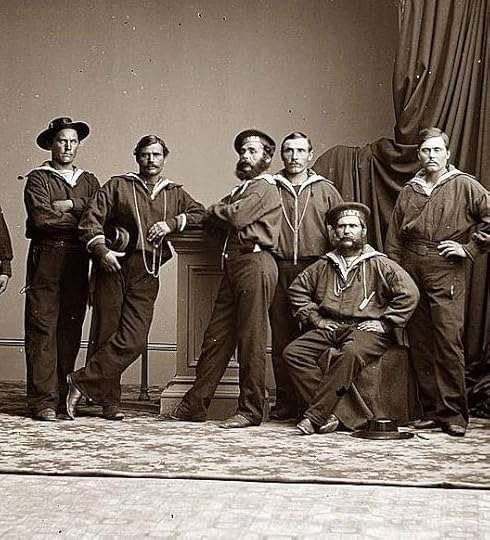What do you think?
Rate this book


84 pages, Kindle Edition
First published January 1, 1902

”’As it happens, my life is necessary; it isn’t my own, it isn’t — God knows.’”
”Surely God would not rob his child of his power to help, and cast him naked into a night without end. He had caught at every hope; and when the evidence of his misfortune was stronger than hope, he tried not to believe the manifest thing.
In vain. In the steadily darkening universe a sinister clearness fell upon his ideas. In the illuminating moments of suffering he saw life, men, all things, the whole earth with all her burden of created nature, as he had never seen them before. […] All the days of his life he had prayed for daily bread, and not to be led into temptation, in a childlike humility of spirit. Did words mean anything? Whence did the gift of speech come? The violent beating of his heart reverberated in his head — seemed to shake his brain to pieces.”